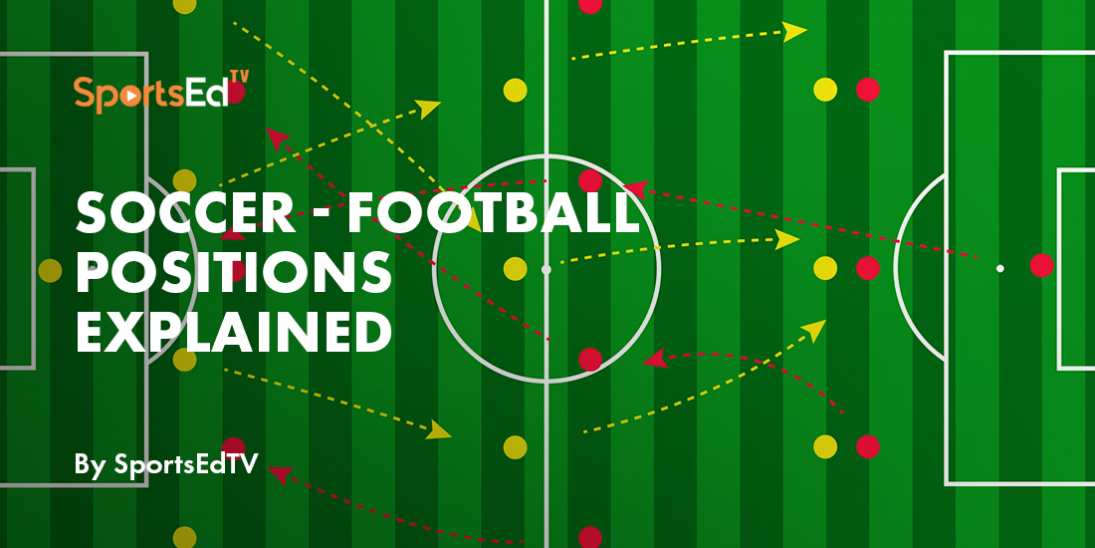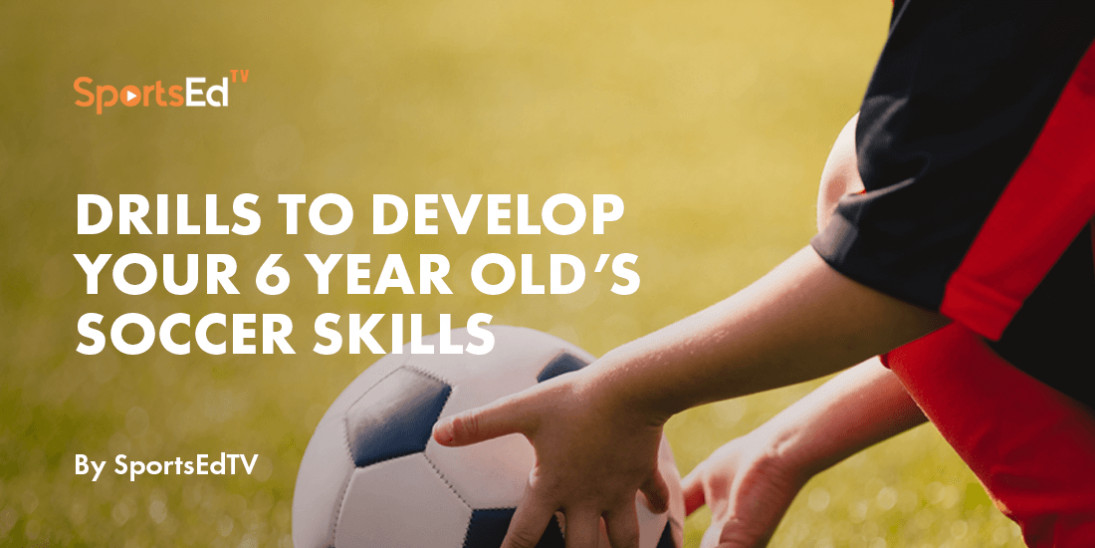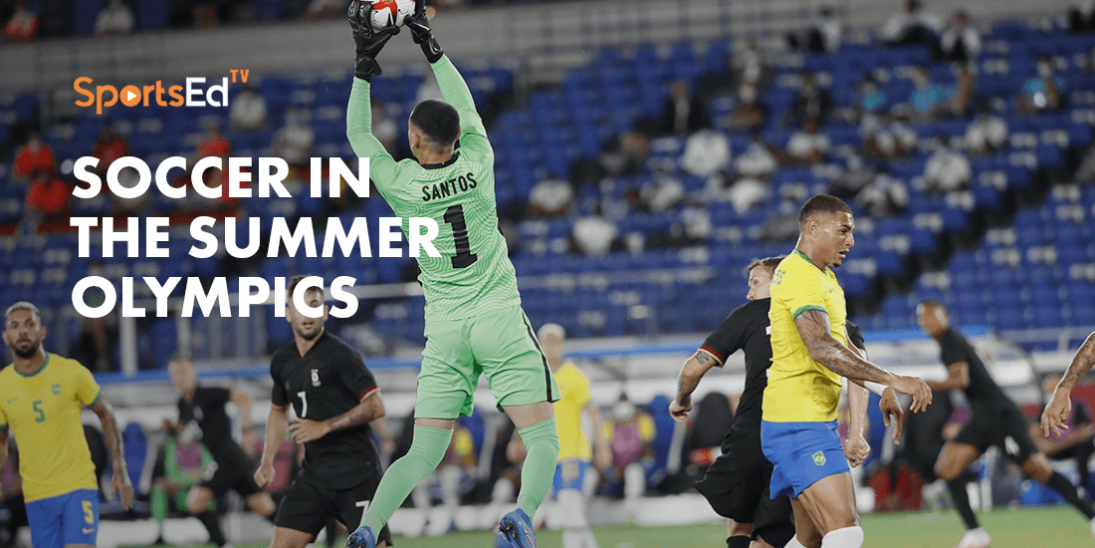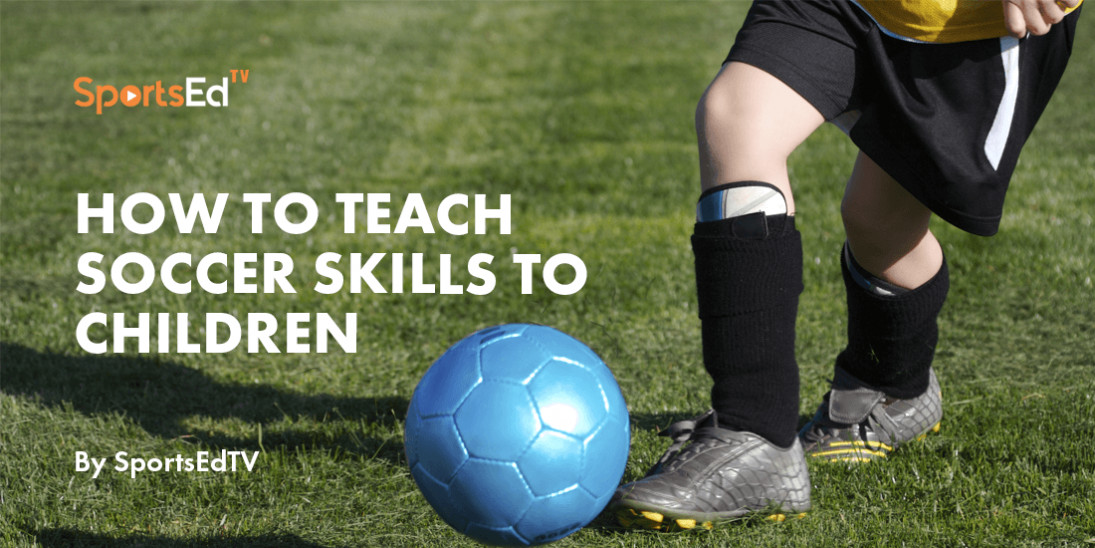Soccer
Welcome and thanks for visiting...

SportsEdTV Speaks to Manchester United Legend Gary Bailey - Part I
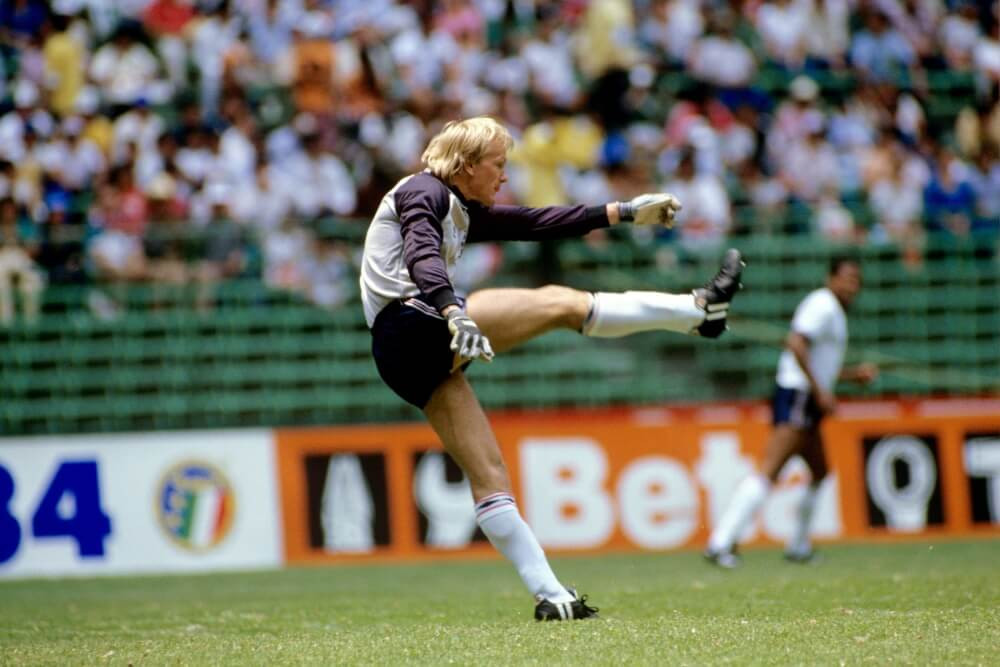
Gary Bailey is a Manchester United Legend and was one of the youngest ever Goalkeepers to play for the club’s starting team. Playing at the highest level of Soccer for over a decade, he has over 370 first team games for the Red Devils from the late 1970’s and 1980’s, for England from 1979 to 1986, including the World cup in Mexico, and lastly for South African soccer club Kaizer Chiefs. His love for the beautiful game led him to a career as a TV presenter, commentator, and coach. His knowledge is second to none, and he continues to give back to the soccer community every day with his ambassadorial roles and mentoring.
SportsEdTV Soccer is committed to bringing athletes, coaches, and parents pro-level basketball education videos for FREE. All levels, anywhere, anytime. Check out our full instructional library and sign up to join our basketball community.
SportsEdTV: We’re here with Gary Bailey, Manchester United Legend and Soccer Commentator. It's great to have you with us. Let's get right into it with some questions. Your father played for Crystal Palace and Ipswich Town. How much of an influence was he on your playing career?
Gary Bailey: It was a huge influence, massive. I think as a young player, if you have any good coach near you, it gives you a real boost to try and make it at the professional level because there are so many technical things, especially as a goalkeeper. It's a massively technical position. So, to have him - as he was the national coach of South Africa at one stage - and have him there coaching and telling you where to stand, how to put your hands [and] all that, it helps immeasurably. I think it's vital for kids to make sure that they have good quality coaching wherever they are. It's a real help, and it certainly helped me on my way.

SportsEdTV: I guess you would say mentorship is very a big factor in helping younger players?
Gary Bailey: Yeah, absolutely, and especially goalkeepers because it is a technical position. Playing as an outfield is more fun. It's more interactive with other players. But I think no matter what position you play you want good coaching advice. You want mentors who can help you with the technical side, how you're feeling about the game, your worries and concerns about playing well or not playing well. Those are all huge issues. The better coaching you get, the better chance you have of being a top-class player. It's a pretty obvious statement, but if you're lucky enough to find a really good coach, it is going to help you.
SportsEdTV: How did you motivate yourself at such a young age and what was your routine?
Gary Bailey: It's all self-motivation. Back in those days, there was no one to help you, there was no psychologist to put an arm around you, and England was physical. You read the newspapers, which you shouldn't do, and it tells you what a garbage goalkeeper you are and how you should head back to where you came from. You try not to internalize that stuff. You try and believe that you can do the job, whereas again, today you've got people to turn to. I think there's a greater understanding today that psychology is massive. You can lose young talent by not helping them. You can improve young talent by supporting them and getting them through the difficult times. It's when you make mistakes that you need that help the most, because it can be very isolating, especially as a goalkeeper. As an outfield player, you can get away with a miscall. You shouldn't do too often, but occasionally.
SportsEdTV: It takes a certain temperament to be a manager or coach and everyone doesn't have that. Do you agree pros like yourself, who have won so much in the game can offer more to younger players?
Gary Bailey: I think what we can add more than the coaches who haven't played is ‘how do you feel?’ Coaches who haven't played can explain a ‘3-5-2’ or ‘4-4-2’ or ‘how to play the ball inside or outside’. But all that is the technical stuff that is easy to do. Where the battle is, is when a kid comes to you, for example, crying their eyes out as a goalkeeper [and] saying, “They're all blaming me for what's gone wrong.” I know exactly how that feels. Many, many times. And you know how it feels for a striker to miss an open goal. You can sit with them and say, “Hey, I've been there. I know it hurts a lot, but this is how you turn it around.” There's a way in goalkeeping to take the situation and just put it aside. Even with small kids, I say, “Take a little bit of grass in your hand, sprinkle it in the back of the goal. That's your mistake. Leave it there. When the game's over, you're going to get a little bit of grass up and then you go to your coach and say, here is my problem.” Once you've made a mistake you cannot think about it again because you're going to be sick and you're going to exacerbate. Your job after making a mistake is to be as good as you can and hopefully make a fantastic save that pulls your team up. I agree with you. There's the stuff that ex-players know, which is more about how you feel deep inside. I think young players respond to that because they know that you've been there, and you've felt the same things.

